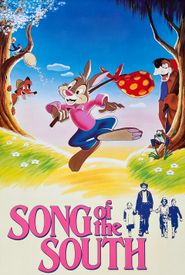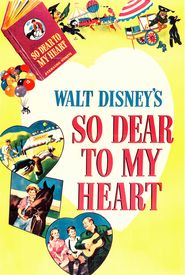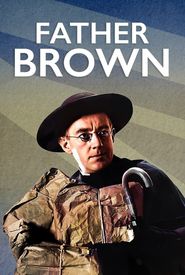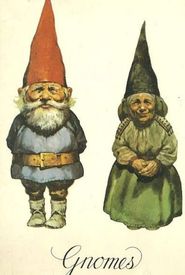Here is the rephrased response:
Maurice Rapf, a Hollywood screenwriter and pioneer of cinema studies, was born on May 19, 1914, in New York City. He grew up in a family of Hollywood royalty, with his father, Harry Rapf, being a renowned producer and one of the founders of Metro-Goldwyn-Mayer. Despite his privileged upbringing, Maurice went on to become a dedicated communist and a vocal advocate for labor rights.
Rapf's early life was marked by a fascination with the film industry, and he began his career as a child actor. He later attended Dartmouth College, where he became friends with Budd Schulberg, another prominent Hollywood figure. The two men shared a passion for progressive politics and would go on to become involved in various left-wing causes.
In the 1930s, Rapf became a member of the Communist Party USA and began to make a name for himself as a screenwriter. He worked on several films, including "Song of the South" (1946),which was widely criticized for its depiction of African Americans. Rapf himself was unhappy with the film and later disavowed it.
Rapf's involvement with the Communist Party led to his blacklisting in the 1950s, and he was unable to work in Hollywood for many years. During this time, he taught film studies at Dartmouth College and established the Dartmouth Film Society.
In the 1970s, Rapf's blacklisting was finally lifted, and he was able to return to the film industry. He continued to work as a screenwriter and director, and in 2000, he published his memoir, "Back Lot: Growing Up with the Movies." The book was a critical success and provided a unique insider's perspective on the film industry.
Throughout his life, Rapf was known for his strong convictions and his commitment to progressive causes. He was a vocal advocate for labor rights and was involved in various left-wing organizations. Despite his flaws and controversies, Rapf remains an important figure in the history of Hollywood and a testament to the power of progressive politics.


























